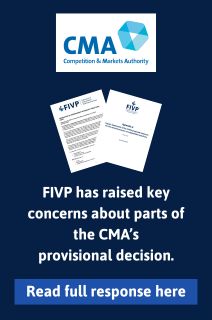
Continuing Professional Development (CPD) plays a vital role in the success, wellbeing, and resilience of veterinary practices. While often seen as a professional requirement, particularly for vets and veterinary nurses, CPD can actually be a powerful tool that supports every member of the veterinary team and the practice as a whole.
A Commitment to Clinical Excellence
Veterinary medicine is a fast-moving field. Advances in diagnostics, treatment options, patient care and technology mean that what was best practice five years ago may now be outdated. CPD helps clinical team members stay on top of new developments, refine their skills, and approach their work with renewed confidence and accuracy. Whether it’s improving surgical techniques, or exploring new approaches to pain management, CPD ensures that care remains current, compassionate and evidence-based.
Supporting Non-Clinical Roles
CPD isn’t limited to clinical topics — and it shouldn’t be. Practice managers, reception teams and those in administrative or leadership roles also benefit from access to meaningful CPD. Whether it’s training in conflict resolution, customer service or leadership development, non-clinical CPD contributes directly to the smooth and professional running of a practice.
Building Confidence and Motivation
Learning something new can be incredibly motivating and rewarding. CPD boosts confidence by empowering individuals to handle situations they may previously have found daunting — whether that’s performing a new clinical procedure or navigating a challenging conversation with a client. A proactive approach to professional development also helps team members feel more valued and invested in, leading to greater job satisfaction and morale.
Also, by encouraging team members to develop their skills and take on new responsibilities, practices can foster internal growth and career progression, therefore reducing reliance on external recruitment.
Encouraging a Learning Culture
Practices that embrace CPD can often experience a more open and collaborative culture. When everyone is learning, reflecting, and sharing knowledge, it creates an environment where ideas can flourish and are welcomed. Learning together as a team can help everyone to communicate better, support each other more readily, and adapt more easily to change.
This kind of culture is especially valuable at a time when the profession faces high levels of pressure and burnout. CPD can include wellbeing, mental health and resilience training for the whole team, helping to build a more compassionate and sustainable working environment.
More Than a Requirement
While CPD is a professional obligation for many roles in practice, its true value goes far beyond ticking boxes. It can be a strategic investment in the future of the practice, the growth of the individuals within it, and the wellbeing of patients.



